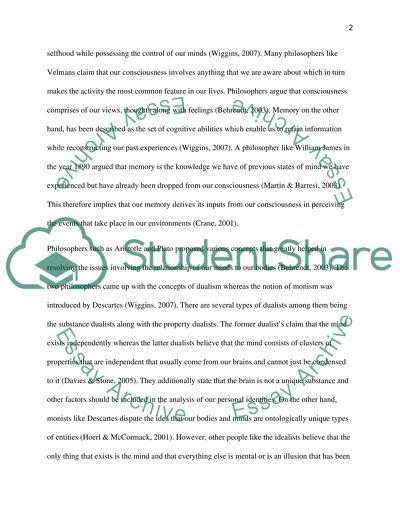Cite this document
(“Personal Identity Essay Example | Topics and Well Written Essays - 1500 words”, n.d.)
Personal Identity Essay Example | Topics and Well Written Essays - 1500 words. Retrieved from https://studentshare.org/philosophy/1451462-personal-identity
Personal Identity Essay Example | Topics and Well Written Essays - 1500 words. Retrieved from https://studentshare.org/philosophy/1451462-personal-identity
(Personal Identity Essay Example | Topics and Well Written Essays - 1500 Words)
Personal Identity Essay Example | Topics and Well Written Essays - 1500 Words. https://studentshare.org/philosophy/1451462-personal-identity.
Personal Identity Essay Example | Topics and Well Written Essays - 1500 Words. https://studentshare.org/philosophy/1451462-personal-identity.
“Personal Identity Essay Example | Topics and Well Written Essays - 1500 Words”, n.d. https://studentshare.org/philosophy/1451462-personal-identity.


